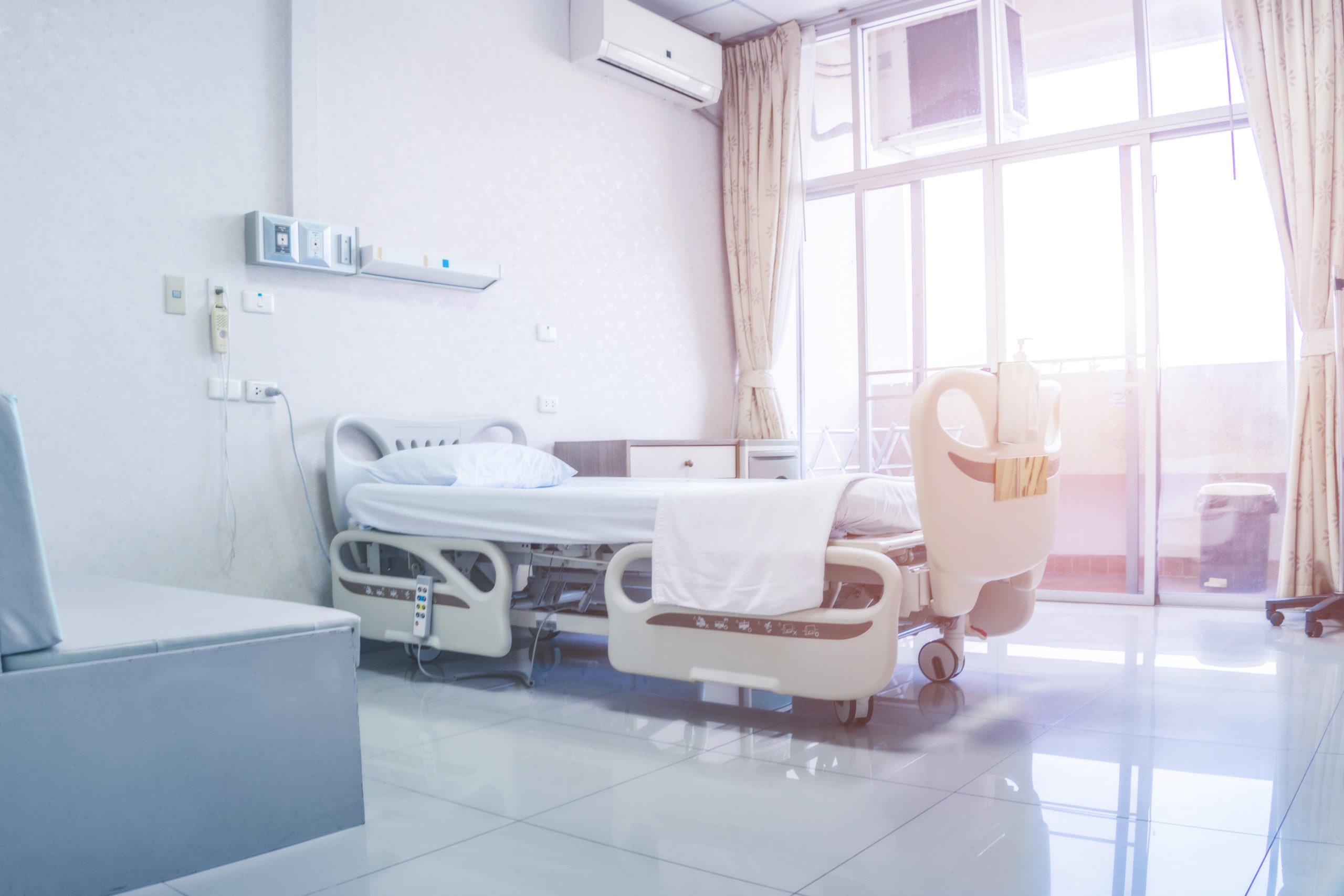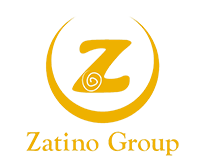Introduction
Ireland operates under a universal healthcare system, ensuring that every resident, regardless of income or employment status, has access to essential medical treatment and services.

Health and Social Care Professionals
Ireland’s medical system is supported by a diverse array of healthcare professionals, including doctors, nurses, pharmacists, physiotherapists, psychologists, and social workers. These dedicated professionals collaborate to provide high-quality care to patients.
Health and Social Care Regulation
The Health Service Executive (HSE) manages and delivers healthcare services in Ireland, ensuring their effective administration. The Health Information and Quality Authority (HIQA) sets standards for quality and safety across healthcare settings. Regulatory bodies like the Medical Council and Nursing and Midwifery Board of Ireland oversee professional standards and the registration of healthcare practitioners.
Public and Private Healthcare
The healthcare landscape in Ireland comprises both public and private sectors. Public healthcare, funded through taxation, offers crucial services to all residents. Additionally, private healthcare options are available, enabling individuals to access supplemental services and reduce waiting times by paying privately or through private health insurance.

Primary Care Centres
Across Ireland, you’ll find primary care centres that provide a range of services, such as vaccinations, health screenings, family planning, and chronic condition management. These centres aim to offer accessible healthcare within local communities.
General Practitioners (GPs)
Acting as the primary point of contact for most patients, GPs provide comprehensive primary care services, including check-ups, diagnosis, treatment, and referrals to specialists when required. GPs can be accessed through public health clinics or private practices.

Hospitals and Specialised Care
The country has a vast network of public and private hospitals catering to diverse medical needs. Public hospitals provide specialised care, emergency services, and access to consultant-led treatments. Private hospitals, on the other hand, offer elective procedures, shorter waiting times, and private accommodation options.
Health Insurance
While public healthcare is available to all residents, many individuals choose private health insurance for additional benefits. Private health insurance plans offer advantages like selecting preferred consultants, faster access to treatments, and private hospital accommodations. These plans vary in coverage and cost, depending on the provider and level of coverage.

Prescription Medications
Pharmacies in Ireland dispense prescription medications. Patients typically pay a prescription charge for each item prescribed, although exemptions exist for medical card holders and individuals with long-term illnesses. The Drug Payment Scheme partially covers the cost of prescription medications for those who reach a certain threshold of expenses in a calendar year.

The Drugs Payment Scheme
Under the Drugs Payment Scheme, you and your family are only required to pay a maximum of €80 per month for approved prescribed drugs, medicines, and specific appliances. Upon registration for the scheme, each person named on the registration form will receive a plastic swipe card. This card should be presented whenever you collect your medication or appliances from the pharmacy.
To ensure you do not exceed the maximum monthly payment of €80, it is recommended to use the same pharmacy throughout the month. It’s important to note that you are not required to register with a specific pharmacy to avail of the benefits under the scheme.
To be eligible for the scheme, you must be residing in Ireland and have the intention to live here for at least one year (ordinarily resident).
European Health Insurance Card (EHIC)
The European Health Insurance Card (EHIC) grants you access to public healthcare services in another EU/EEA state at no cost or a reduced rate. This card is applicable when you are traveling abroad or temporarily residing in another EU State.
To be eligible for a European Health Insurance Card (EHIC) application, you must meet one of the following criteria:
- Reside in Ireland
- Reside in any other European Union (EU), European Economic Area (EEA) member state, or Switzerland.
Important Information about the EHIC:
- Each family member must have their individual card.
- The card remains valid for up to 4 years.
- Always keep your EHIC with you while traveling abroad.
- The EHIC provides coverage within the EU, including Iceland, Norway, and Liechtenstein (EEA), as well as Switzerland.
- Private healthcare expenses are not covered by the EHIC.
- For renewal, you can apply online through the HSE website.
